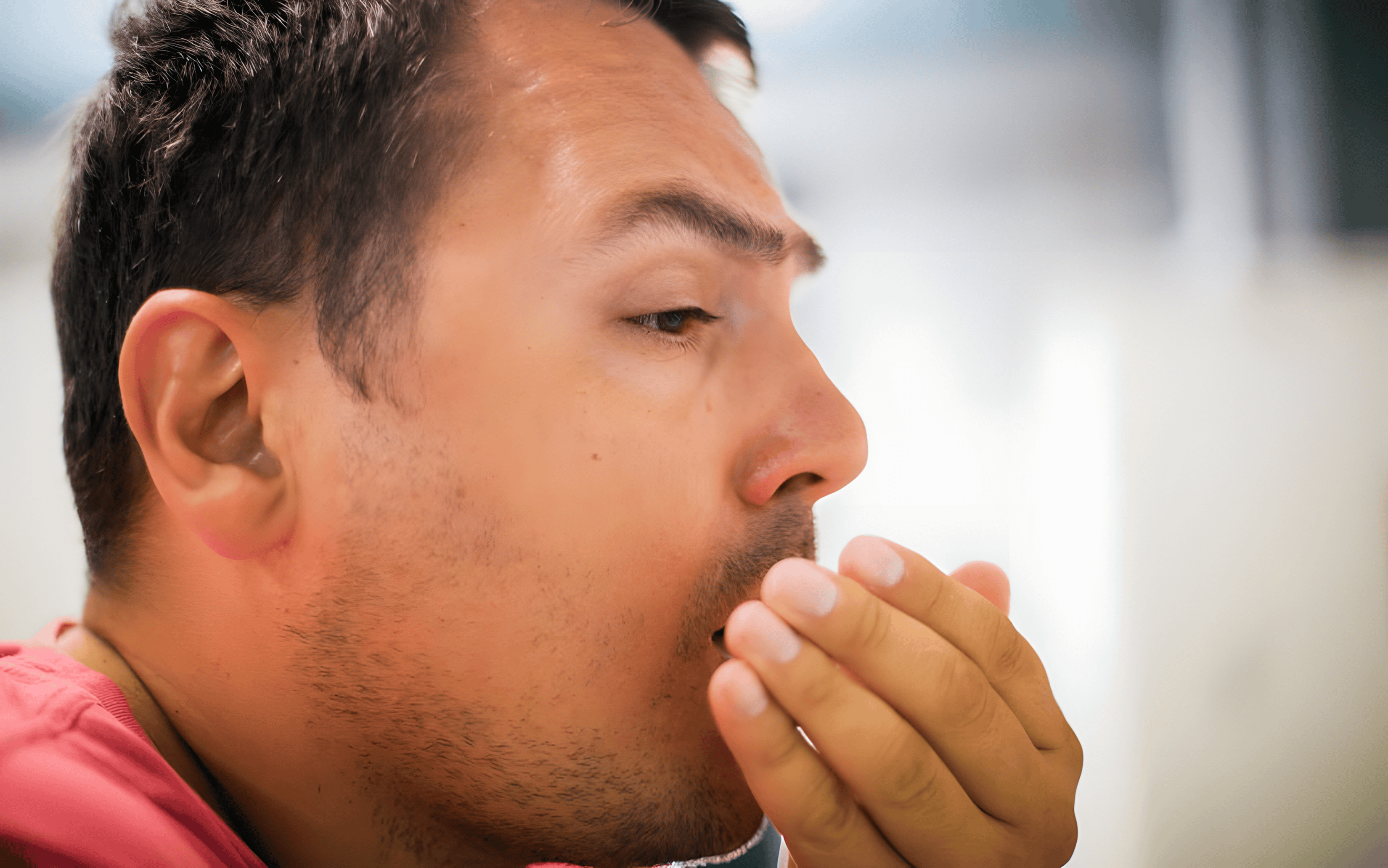Hiccups are a common and usually harmless condition that everyone experiences at some point. They are involuntary contractions of the diaphragm, followed by the sudden closure of the vocal cords, which produces the “hic” sound. Here’s why we hiccup and some common triggers.
Causes of Hiccups
- Eating Too Quickly
- Consuming food or drinks too quickly can cause you to swallow air, leading to hiccups.
- Overeating
- Eating large meals can stretch the stomach and irritate the diaphragm, triggering hiccups.
- Carbonated Beverages
- Drinking soda or other fizzy drinks can increase the amount of air in your stomach, causing hiccups.
- Sudden Temperature Changes
- Rapid changes in temperature, such as drinking a hot beverage followed by a cold one, can irritate the diaphragm.
- Excitement or Stress
- Emotional reactions like excitement, stress, or anxiety can lead to hiccups due to the stimulation of the vagus nerve.
- Alcohol Consumption
- Drinking alcohol can irritate the lining of the stomach and lead to hiccups.
- Certain Medical Conditions
- In rare cases, persistent hiccups may be related to medical conditions such as Gastroesophageal Reflux Disease Reflux disease (GERD), stroke, or nerve damage.
How to Stop Hiccups
- Hold Your Breath
- Take a deep breath and hold it for as long as you can. This increases carbon dioxide levels in the blood and may stop the hiccups.
- Drink Cold Water
- Sipping or gargling cold water can help stimulate the vagus nerve and stop hiccups.
- Swallow a Teaspoon of Sugar
- The graininess of the sugar might stimulate the vagus nerve and help stop hiccups.
- Breathe Into a Paper Bag
- Breathing in and out of a paper bag increases carbon dioxide in the blood, which can help stop hiccups.
- Pull on Your Tongue
- Gently pulling on your tongue can stimulate the vagus nerve and stop the hiccup reflex.
When to See a Doctor
Most hiccups are short-lived and harmless, but you should see a doctor if:
- Hiccups last more than 48 hours.
- They are severe enough to interfere with eating, sleeping, or breathing.
- They are accompanied by other symptoms like abdominal pain, fever, or shortness of breath.
Understanding why we hiccup can help you manage and prevent them. While hiccups are usually just a minor inconvenience, persistent or severe hiccups might require medical attention.
